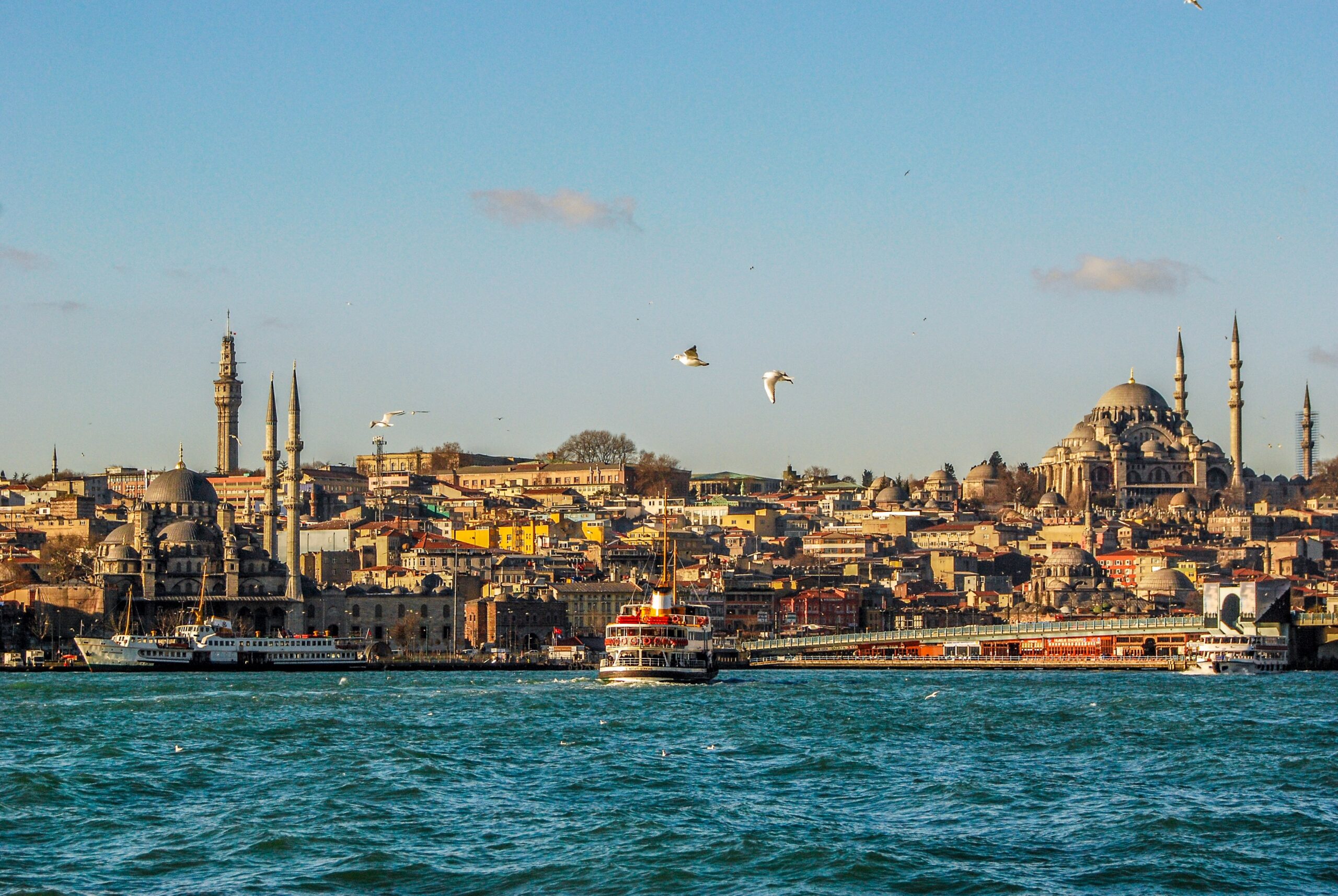Turkey, born in 1923 from the remnants of the former Ottoman Empire, is home to a unique intersection of culture as the nation bridges Asia with Europe.
In recent years, power struggles between a military-backed secular government and an increasingly popular religious movement have raised concerns about government stability. Terrorist activity in Turkey increased in frequency in 2015 and 2016, claiming hundreds of lives, as strikes occurred in Ankara, Istanbul and the predominantly Kurdish regions of southeastern Turkey. On Jan. 1, 2017, a terrorist attack at an Istanbul nightclub left 39 dead.
Members of Turkey’s military unsuccessfully attempted a government coup in the summer of 2016, leading to more than 240 lives lost. The government’s subsequent moves against public dissent, including the dismissal of military personnel, civil service workers, educators, journalists and others accused of being tied to the coup attempt, has led to a deterioration of relations between Turkey and the European Union.
Here are 10 things to know about Turkey.
1. More than 99% of the country’s estimated 81 million people identify as Sunni Muslim.
2. The country is home to 18 UNESCO-designated World Heritage Sites, including two mixed sites and 16 cultural sites, such as the archaeological site of the former ancient Troy.
3. Turkey initially embraced a neutralist policy in its foreign relations from its birth in 1923.
4. Turkey remained neutral during most of World War II before declaring war on Germany and Japan in 1945. However, the country did not participate in combat.
5. Turkey abandoned its neutralist policies in 1952 by joining NATO.
6. In April of 2017 voters approved constitutional amendments changing the country’s government from a parliamentary to a presidential system.
7. Years of regional fighting and terrorism have weighed heavily on Turkey. The country hosts the world’s largest number of Syrian refugees.
8. Turkey’s accession talks with the European Union have stalled since 2016, with concerns expressed by EU officials and international rights groups about the country’s record on human rights and the rule of law. In March EU lawmakers called for a suspension of membership talks.
9. The largest ethnic minority in Turkey are Kurds, an Iranian group whose populations occupy Turkey, northern Syria, northern Iraq and northwestern Iran. Estimates of the number of Kurds in Turkey vary, from a government figure of about 16% of the country’s population, to 18% by the U.S. government to as high as 30% by Kurdish nationalist sources.
10. The source of today’s conflict between Turkey’s government and the Kurds, as well as other conflicts across the Middle East, can be traced to the end of World War I. In 1920, the Treaty of Sèvres called for the creation of an independent Kurdish state. That promise was nullified three years later by the Treaty of Lausanne, which set the boundaries of modern-day Turkey and left the Kurds as minorities in various countries in the region. Numerous genocides and rebellions have since ensued, as well as guerilla conflicts in Turkey, Syria and Iran. Kurds have an autonomous region in Iraq.






